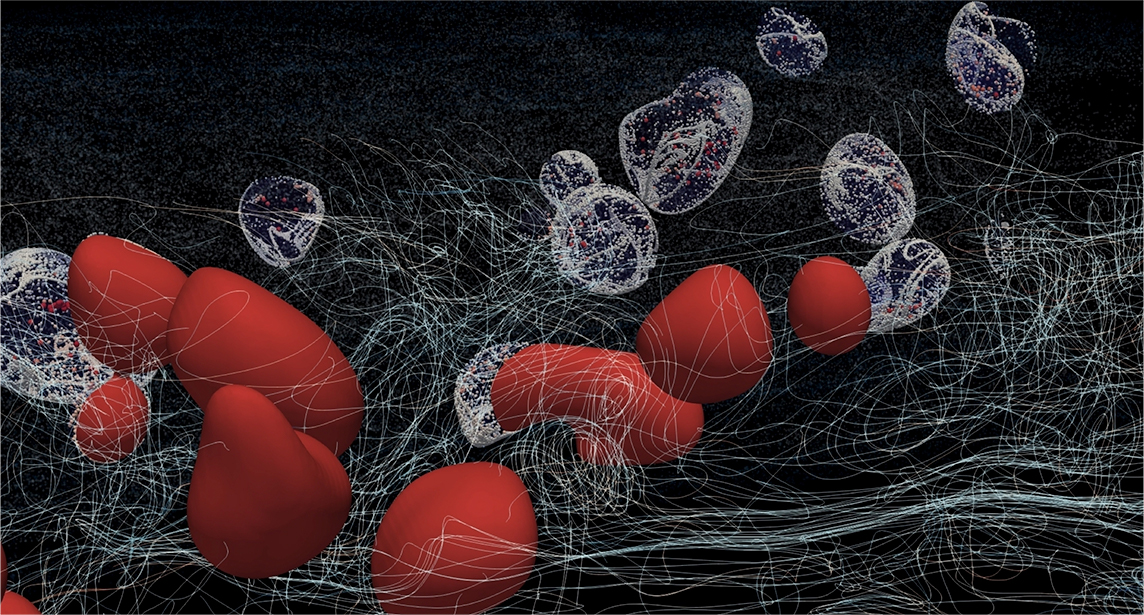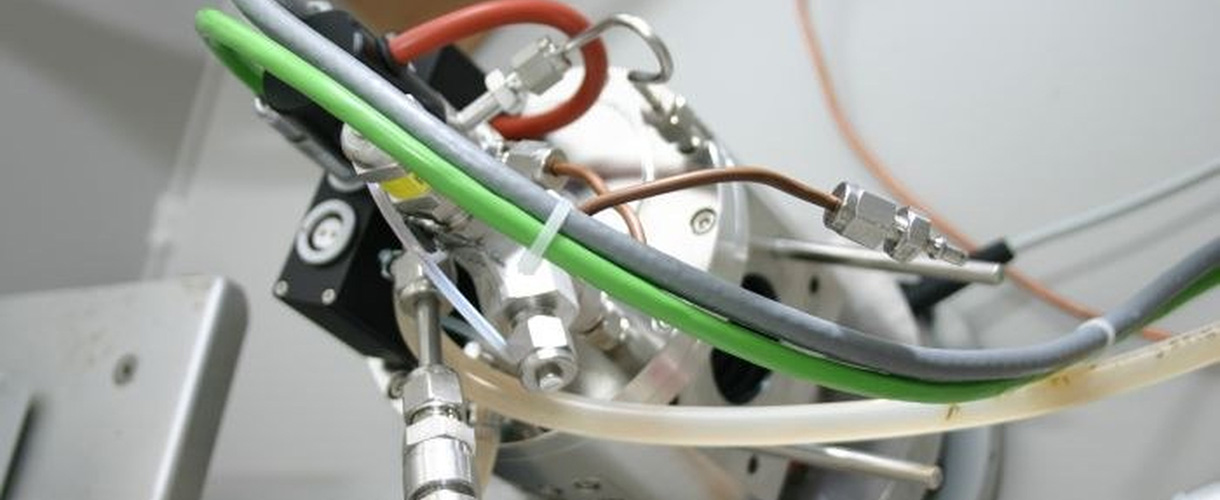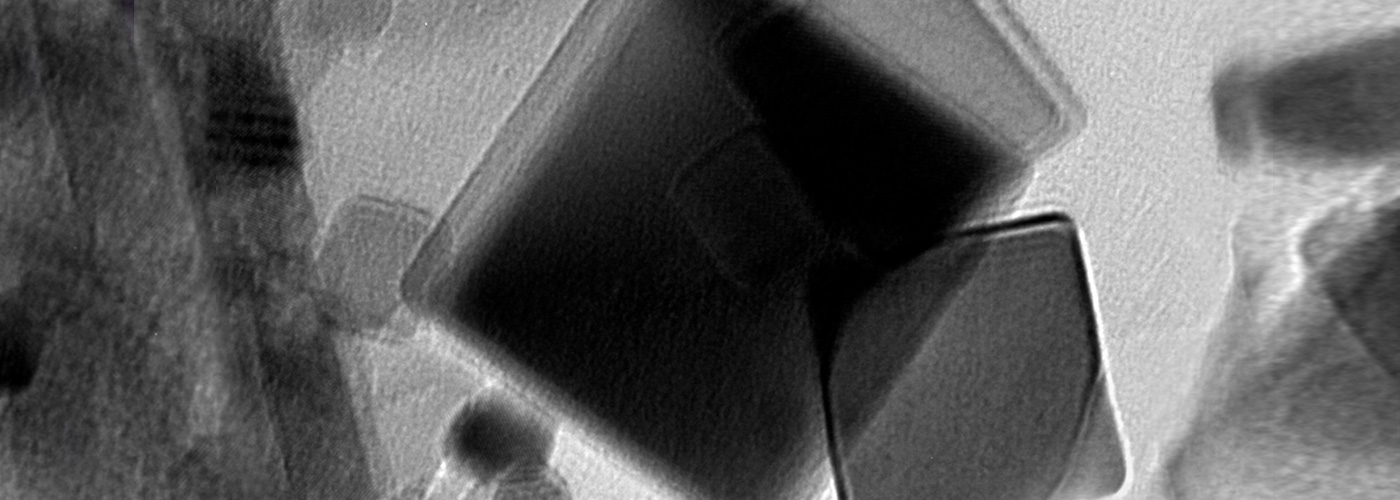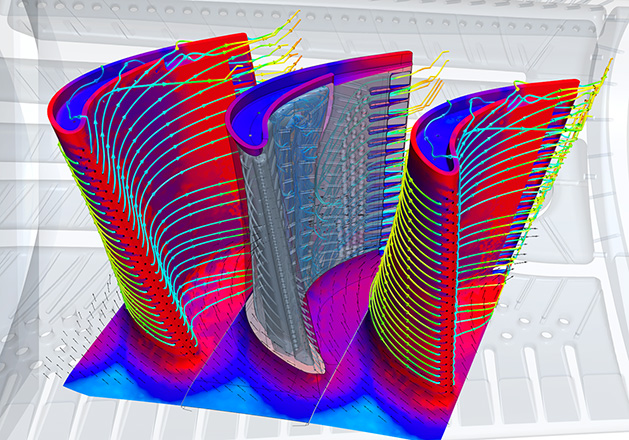UNESCO Chair – Intersectoral safety for disaster risk reduction and resilience

April 2024
NEW!! >> NEW OPEN CALL FOR PHD FELLOWSHIP << NEW!!
Topic: SYSTEMIC RISK AND RESILIENCE OF LIFELINES
Line of research: Intersectoral Safety, Disaster Risk Reduction and Resilience
***
Description of the lines of research of the UNESCO Chair
The lines of research of the UNESCO Chair UNIUD study the problem of reducing the risks of disaster affecting the physical and built environment by adopting an intersectoral approach with particular regard to structures and critical infrastructures, network systems and services, energy production and transport systems and other systems or assets of particular value for the community. The aim is to deal in a scientific and rational way with all the phases of the disaster management cycle: prevision, prevention, response and recovery. The objective is to define effective, integrated and proactive methods and strategies for assessing, managing and improving safety. Risk reduction has been seen as an integral part of sustainable development and of increasing territorial resilience; the topic is part of the UNESCO Chair on Intersectoral Safety for Disaster Risk Reduction and Resilience and is closely related to and functional to the objectives set by the United Nations Agenda for Sustainable Development.
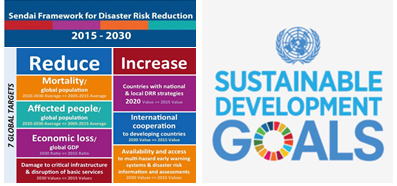
LINES OF RESEARCH WITHIN THE TOPIC OF UNESCO CHAIR:
Intersectoral Safety, Disaster Risk Reduction and Resilience
Reference person: Prof. S. Grimaz
Description: This line of research deals, from an inter-sectoral geophysical and engineering point of view, with the development of methods of analysis and management of safety and emergencies at the territorial level. The research, framed within the disaster management cycle, concerns the physical and built environment, with particular reference to critical structures and infrastructures, network systems and services, energy production and transport systems and other systems or particular entities value for the community. The objective-based approach aims at providing the knowledge for the definition of prevention and protection policies and plans, as well as the development of management strategies and tools that lead to improving the resilience of the systems against territorial risks (geo-hazards).
Researches are functional to the following sustainable development goals defined by the United Nations:

Health monitoring of critical infrastructures
Reference person: Prof. A. Morassi
Description: This line of research concerns the development of monitoring methods aimed at assessing the safety of strategic structural and infrastructural systems which, in many cases, are in a critical stage of their service. The basic idea is that the regeneration of the structural and seismic safety for these systems must be carried out in full compliance with the sustainability requirements of the built environment, both from the technical and economic point of view. The main goal of the proposed approach is two-fold, namely, the definition of non-destructive diagnostic methods, based on monitoring the overall response of structural systems, and their application for the determination of reliable assessing seismic models. Operational strategies and technical tools developed in this research will lead to a more complete knowledge of the behaviour of existing critical systems and, therefore, to the definition of optimal paths for improving structural safety.
Researches are functional to the following sustainable development goals defined by the United Nations:

Resilience and sustainability of water systems
Reference person: Prof. D. Goi
Description: This line of research deals with the development of knowledge in the field of technical and management methods for water resource systems, from both a quantitative and qualitative point of view. The study and research activities are part of the sustainability and innovation of the Integrated Water Cycle, as an object and tool for managing the territorial water resources. The goal is to experiment and provide modern techno-scientific and management tools for the prevention and reduction of risks related to the use of water resources and for the mitigation of the impacts of waterworks and treatment plants on the environment, in order to improve the resilience of water systems.
Researches are functional to the following sustainable development goals defined by the United Nations:


